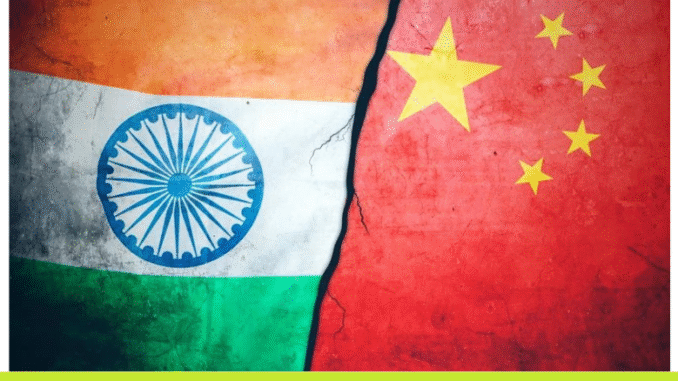
The growing global competition in the electric vehicle (EV) market has taken a new turn, with China lodging a formal complaint against India at the World Trade Organization (WTO). The complaint, filed by China’s Ministry of Commerce, alleges that India’s subsidies for EVs and batteries are in violation of global trade norms, creating an unfair advantage for domestic industries. This move marks a significant escalation in trade tensions between the two Asian giants and could have far-reaching implications for India’s ambitious electric mobility agenda.
The Core of the Complaint: A Violation of Global Trade Rules?
China’s complaint centers on the argument that India’s EV policies breach several key WTO obligations. The primary allegations are:
- Violation of the National Treatment Principle: China contends that India’s policies provide preferential treatment to domestic manufacturers, thus violating the WTO’s principle of national treatment, which mandates that foreign and domestic players be treated equally.
- Prohibited Import Substitution Subsidies: The complaint argues that India’s subsidies are effectively “import substitution subsidies,” which are explicitly prohibited under multilateral trade rules. These are subsidies designed to encourage the use of domestic products over imported ones.
In a statement, the Chinese Commerce Ministry asserted that “these measures unfairly benefit India’s domestic industries and undermine China’s legitimate interests.” The move is seen as part of a broader strategy by China to counter what it perceives as discriminatory trade practices in various global markets. Similar complaints have also been filed against Turkiye, Canada, and the European Union.
A Battle for Market Share in a Growing Industry
The timing of this complaint is not coincidental. Chinese EV manufacturers, facing overcapacity and intense price wars in their domestic market, are aggressively seeking to expand their presence overseas. India, with its rapidly growing EV market and supportive government policies, has emerged as a highly attractive destination. The WTO complaint can be seen as an attempt by China to level the playing field and secure greater market access for its companies, such as BYD.
The complaint comes at a time when the trade balance between the two countries is heavily skewed in China’s favor. In the fiscal year 2025, India’s trade deficit with China reached a record $99.2 billion, with imports surging and exports declining.
India’s Response and the Road Ahead
The Indian government has acknowledged the complaint and stated that it will review the detailed submissions made by China. The first step in the WTO’s dispute settlement process is a series of consultations between the two countries. If these consultations fail to yield a mutually acceptable solution, China can request the WTO to set up a dispute settlement panel to adjudicate the matter.
This dispute highlights the complex interplay between national industrial policy and global trade rules. India has been aggressively promoting domestic manufacturing through its Production-Linked Incentive (PLI) scheme and a dedicated EV policy. These policies are designed to build a self-reliant EV ecosystem, reduce import dependence, and create local jobs.
The outcome of this WTO dispute will be closely watched by the global automotive industry. It will not only impact the trade relationship between India and China but could also set a precedent for how countries can balance their domestic policy objectives with their international trade obligations in the strategic and rapidly evolving EV sector.


